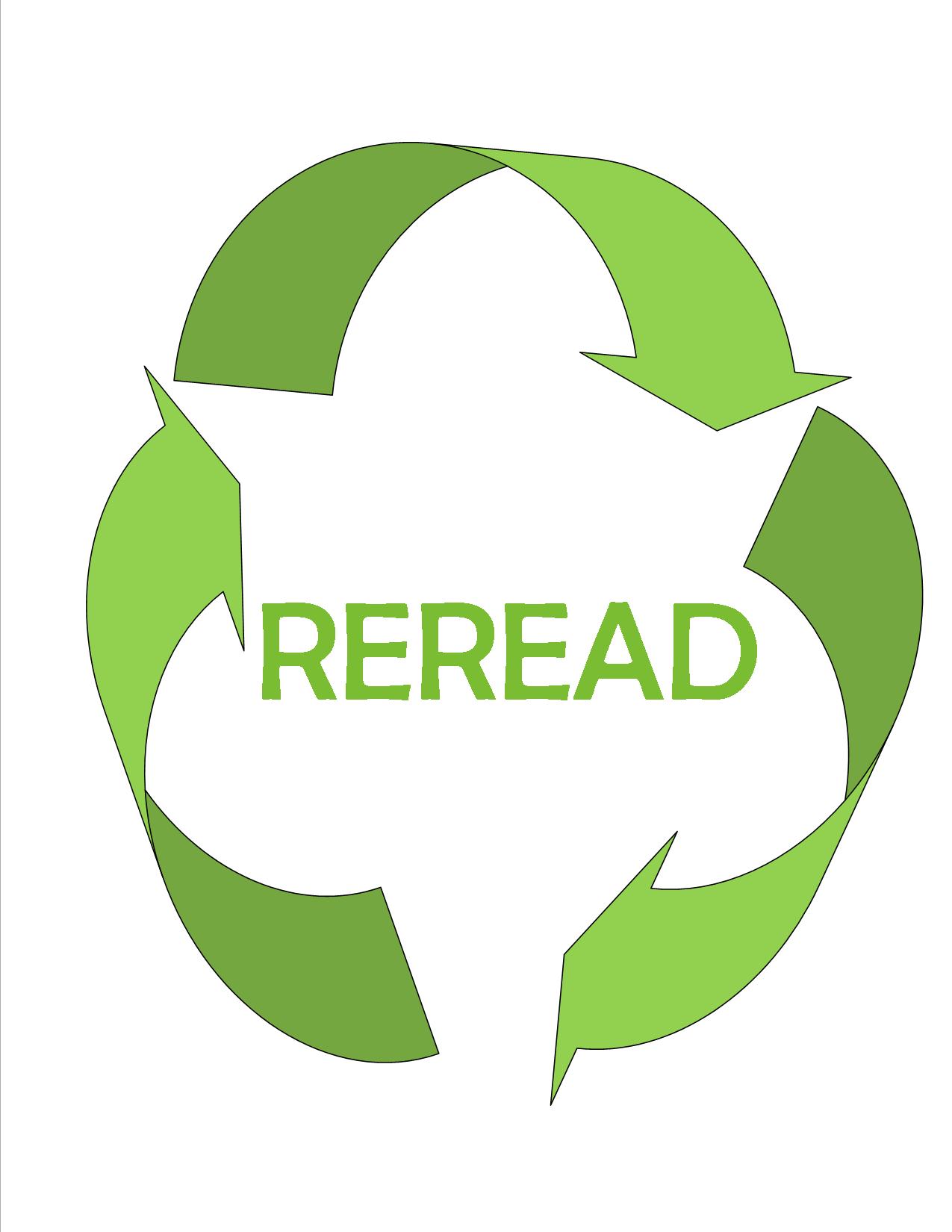The Real Value of Rereading Writing ALOUD!

The late Australian writer, Morris Lurie taught me how important it was to read my writing aloud. It was something he practiced and he shared this good advice most willingly. For many years I have been passing on to young writers I meet this same sage advice.
Another renowned writer, Truman Capote said, ‘To me the greatest pleasure of writing is not what it’s about, but the music the words make.’
This is why we must hear our words. We must ensure the music of our words is suitably melodic.
Colum McCann in his wonderful book, ‘Letters to a Young Writer,’ suggests we should have a conversation with what we write. I totally agree.
As writers, we need to hear the sound our writing makes. We need to hear the repetition, the alliteration, the assonance and the onomatopoeia –all the wonderful notes. We must listen for the rise and fall.
When you read your words aloud, you are able to hear them as a reader hears them. You get to hear the intent of the words. You will then appreciate where it works and where it hits a wrong note. You are given the opportunity to address the parts of the writing where omissions occur. You get to iron out the clunky bits. Some of your sentences may deliver a wonderful sense of rhythm, others may require some adjustment in order to read smoothly. Be happy to discover these things. Make the necessary revisions and read the words aloud, again. Conduct a bit of surgery if that is what it takes. Find new and better words. Find the tone and mood you are seeking from your words. Continue to do this until it actually works.
As a poet, I find this process of repeated readings essential. Without the reading aloud, I would be blissfully ignorant, unknowing. Getting poetry to work involves a heap of rereading. Reading aloud helps me move my words towards the light. It makes them easier to see and hear. I begin to hear the music. The essential rhythm starts to emerge.
This is why I continually suggest to young writers- ‘Before you ask anyone to read your words stand up and read them to the walls and windows. Listen to them carefully and imagine you are a reader encountering those words for the very first time. Are your words reader friendly? If the words sounds clunky, make changes and have them flow smoothly over your tongue.’
Model the reading aloud with your very own pieces. Read with feeling. Fill your lungs with your words and make them mean something. It’s a performance and the way you read those words makes a difference.
Be insistent. Set a standard for your students. Refuse to read a piece the student writer hasn’t read aloud themselves. Writers must develop respect for their readers. Part of the role of a writing teacher is raise an awareness of the reading audience. When you do read it ask the writer, -Is there something you want me to notice about your writing as I read it? Writing is for someone, not something.











Comments
Post a Comment